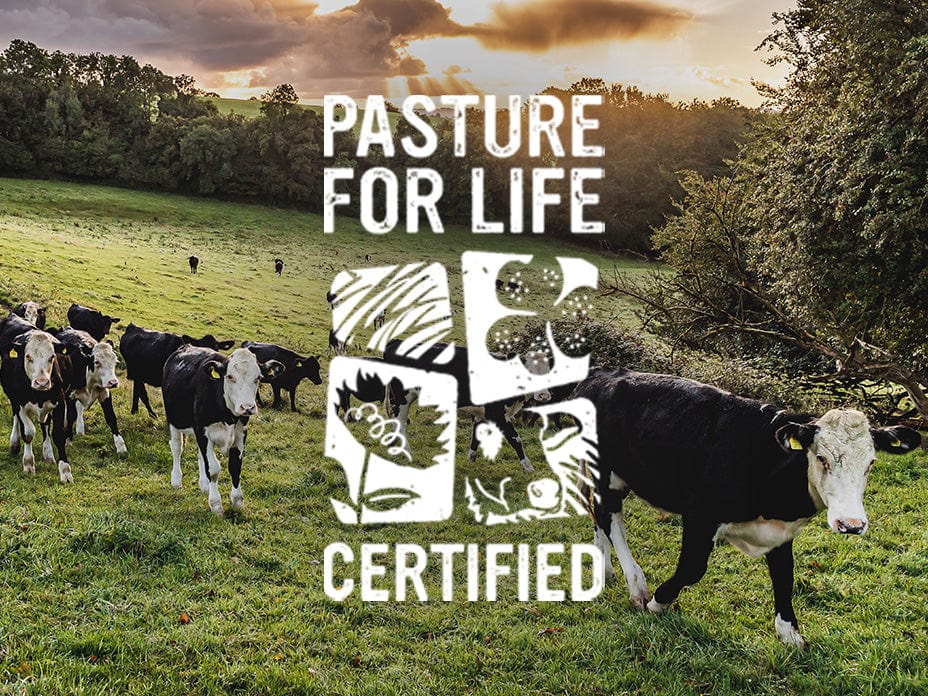Let's celebrate the benefits of butter
Imagine a warm crumpet, fresh from the griddle, with a knob of salted butter melting into its holes, leaving a glossy sheen in its wake. It's a temptation few can resist.
Yet, despite being one of life's great delights, butter has faced unfair criticism over the years. From the debunked diet culture that vilified healthy fats in favour of processed 'low-fat' alternatives, butter still bears the weight of misconceptions.
We are here to tell you why butter is always better.
Whole Foods Not UPF
Margarines and plant-based spreads undergo intensive processing and contain artificial additives, preservatives, and hydrogenated oils, meeting the definition of an ultra-processed food (UPF). The consumption of UPF has been linked to a higher risk of obesity, heart disease, diabetes and other chronic health conditions.
Butter contains just one ingredient - milk, or two if you opt for your butter salted. Nothing hidden. Nothing added.

Not All Fats Are Created Equal
Hopefully, alongside legwarmers and power ballads, the low-fat diet ideology has been left firmly in the 80’s. Low fat diets are now recognised to contribute to poor health due to a combination of processed diet foods having high levels of sugar and salt and low levels of the essential fats we need for healthy brain and bodily function.
Margarines and spreads may contain less saturated fats, but also contain trans fats which are now widely accepted as the worst for your health by raising levels of bad cholesterol and lowering levels of good cholesterol in the body
Saturated fat in your diet should still be viewed with caution if it comes from fried or processed foods, but full fat foods, such as cheese, milk and butter can actually help protect rather than harm heart health.
Eating fat to stay skinny sounds like an oxymoron, but the fat content in butter can help promote satiety and reduce cravings, potentially helping to reduce snacking and aid weight loss when consumed in moderation.
Nutrients Naturally
Butter is a rich source of fat-soluble vitamins like vitamin A, E, and K2, as well as healthy fatty acids. Grass fed butter, like ours, packs an even mightier nutritional punch as cows that graze on grass produce milk with higher levels of beneficial omega-3 fatty acids, vitamins and antioxidants like beta-carotene. These have been associated with various health benefits, including reduced inflammation, improved heart health, and potentially lower risk of chronic diseases such as diabetes and cancer.

Taste The Difference
For us, there is no better taste than organic butter. The natural creaminess and richness of butter, either eaten alone spread thickly on bread, melted into sauces or beaten into cake mixture can never be replicated by food scientists in a laboratory.
The quality and taste of your butter depends on the quality and taste of the milk, which is why our butter comes from organic Guernsey cows for a naturally creamy taste.
We think that one taste of our organic butter and you will agree that it doesn't get better than butter.







